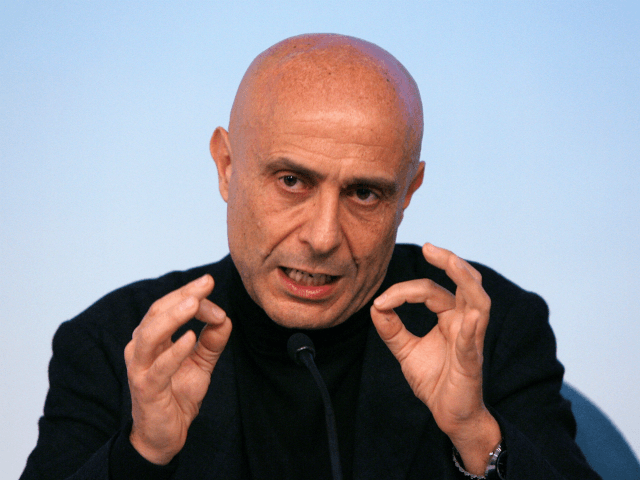“It is not possible to subject our country to a jurisdiction marked by religious radicalism,” said Italian Interior Minister Marco Minniti on Sunday, stressing that there can be no question of allowing sharia law a foothold in Italy.
“Whoever looks to sharia law must understand that it won’t happen in Italy,” Minniti told an assembly at the School of Democracy in the northern Italian city of Aosta, adding that “on this question there can be no middle ground since these values are non-negotiable.”
The Minister tied the question of Islamic law to that of “women’s equality with men,” noting that “we are a country that has made enormous strides forward in this matter.”
Insistence on sharia law, Minniti suggested, is caused by a lack of immigrant integration into Italian society, which is devastating for a nation’s future. The only way to truly integrate migrants, Minniti said, is for Italy to uphold a clear, unequivocal national identity.
“Italy does not approach integration flying a tattered flag,” he said. “The worst thing for integration is failing to put forward your own values.”
In his address, the interior minister insisted on the importance of distinguishing true refugees from economic migrants, something a number of conservative commentators and politicians have been saying for a long time.
“The matter of emergency and that of immigration must be separated,” Minniti said Sunday. “Putting them together is the worst mistake you can make.”
Minniti noted that recent statistics suggest a significant drop-off in the number of migrants arriving into Italy from North Africa, a phenomenon due in large part to tighter borders between Libya and Niger, which have resulted in “a 35 percent drop” in numbers making that crossing.
The Italian government has also furnished the Libyan Coast Guard with a number of vessels to patrol its coast, and “in this period the latter has rescued 16,000 persons” in the Mediterranean Sea, he said. Finally, “we are beginning to see the light at the end of the tunnel.”
Minniti says the goal of the Italian government is to close the large migrant welcome centers and to replace them with “a diffused reception” of immigrants spread throughout the peninsula.
Immigration is not a one-way street and both “the rights of the receiver and of the ones being received” must be respected, Minniti said, adding that “the future of the world community will turn on the question of integration in the next 15 years.”
“The country that best integrates is the one that will build the safest future. Integration is a key element for national security policy,” he said.
Until now, Italy has not suffered from the problem of immigrant ghettoization, especially concerning unassimilated Muslims, which has plagued Belgium and France as well as other European nations to a greater or lesser degree.
According to the Pew Research Center, Italy’s Muslim population is about half that of France, both as a percentage of its overall population and in absolute terms. The percentage of Muslims living in Italy is also substantially lower than it is Germany, Belgium, or Great Britain.
A smaller population means that ghettoized areas that have become seedbeds of Islamic terror in Paris’s St. Denis area or the Molenbeek district of Brussels simply do not exist in Italy.
With mass immigration from northern Africa over the past several years, the situation in Italy may be different in the future, but for the moment there are fewer opportunities for Islamic radicalization in Italy.
Follow Thomas D. Williams on Twitter Follow @tdwilliamsrome

COMMENTS
Please let us know if you're having issues with commenting.